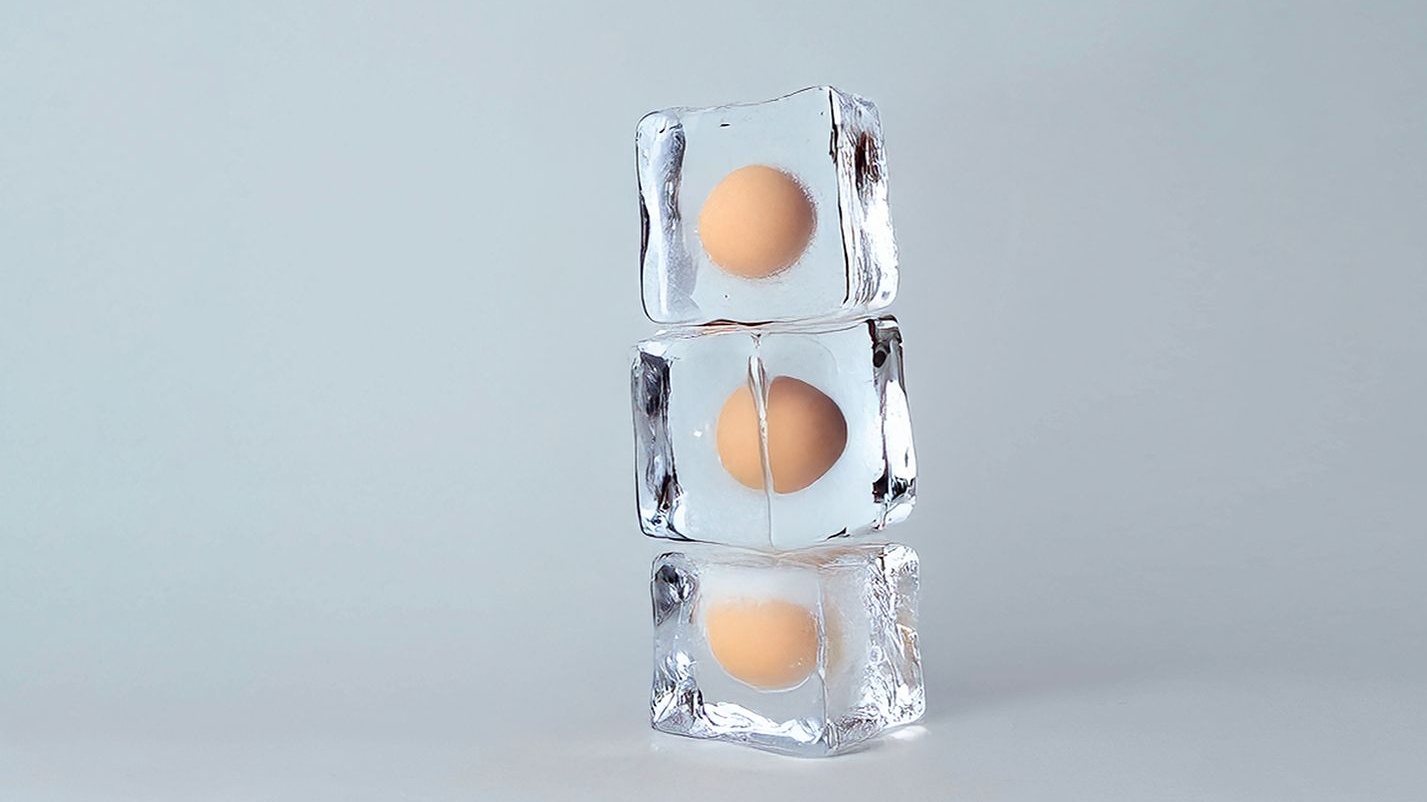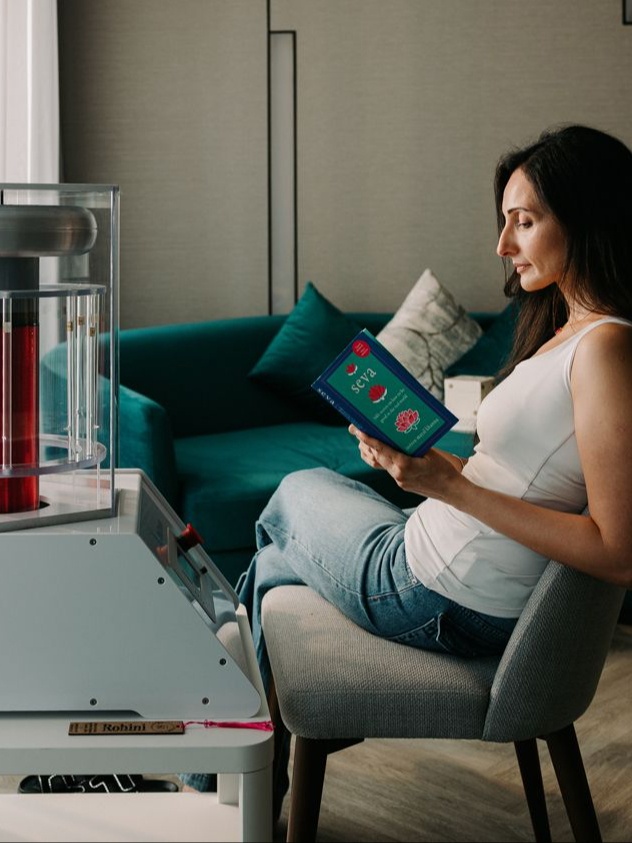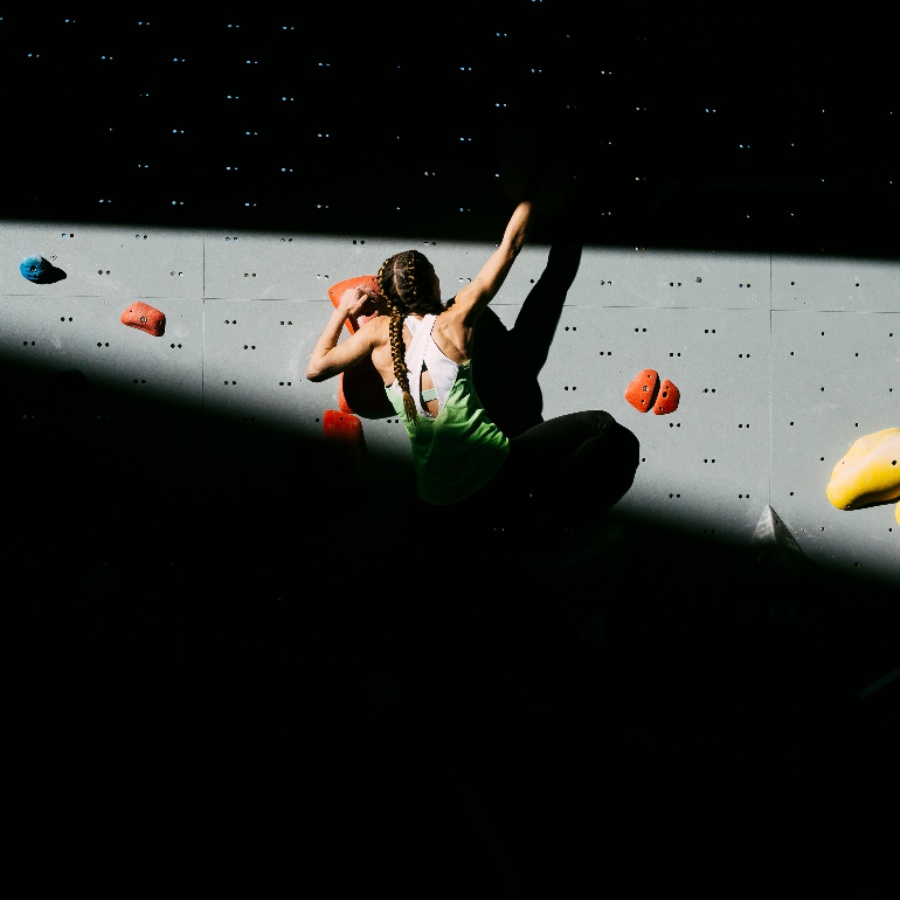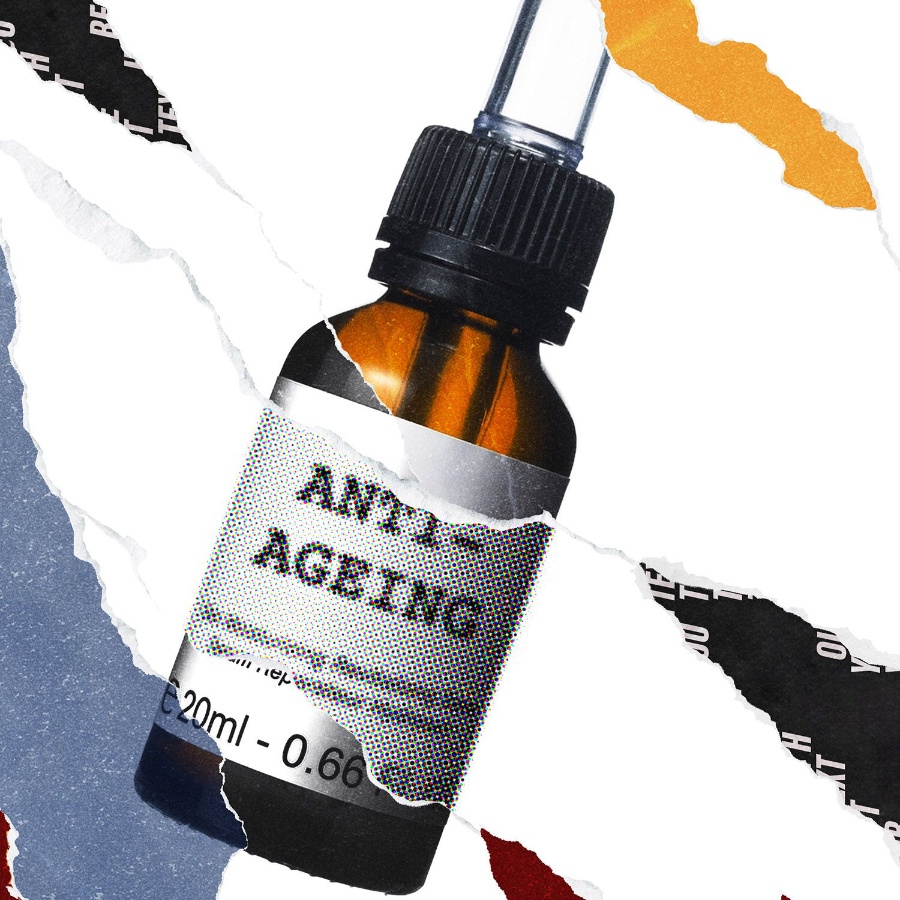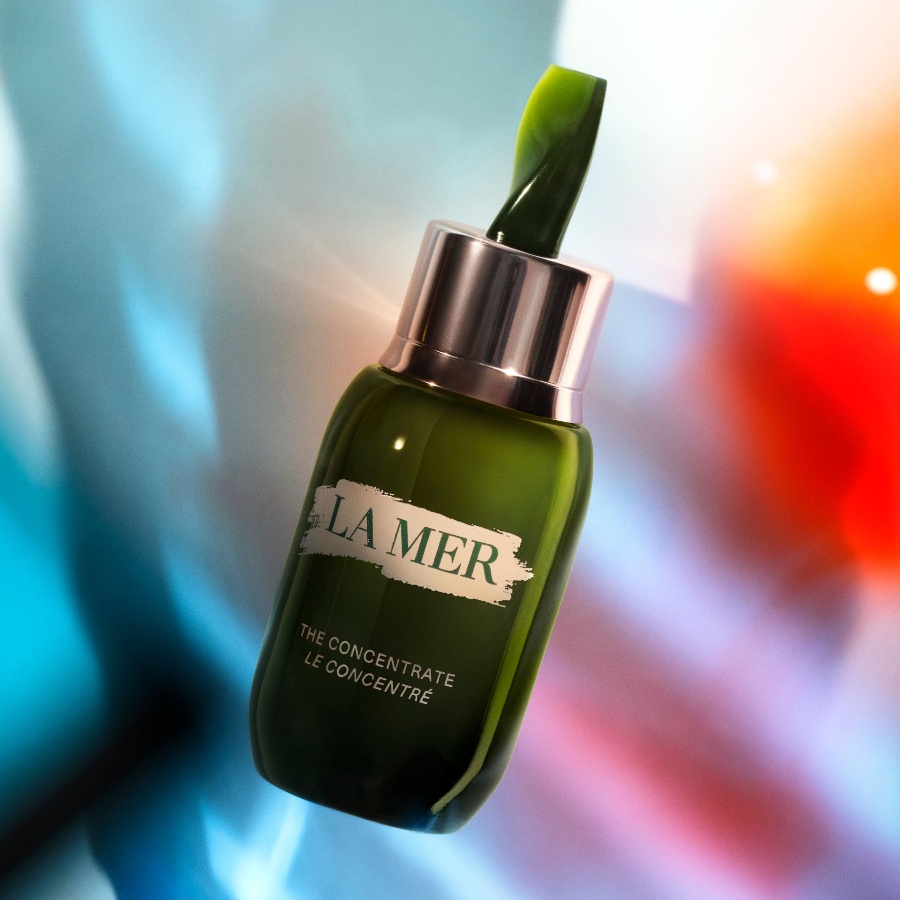“Do you know what they call a pregnancy after 35? Geriatric. Ugh. I mean you can never unhear it, and your head’s filled with images of shrivelled-up, putrefying eggs. And believe me, once you have that image superglued into your brain, spending a few lakhs to get rid of it feels like a bargain.”
And that’s how a sombre egg-freezing fortnight replaced the week-long birthday blowout Delhi-based fund manager Manjari Goel had planned for her 35th birthday in July this year.
To put this in context, the process of egg-freezing can cost between ₹2-6 lakh for the initial procedure, with upwards of ₹40,000 annually as ‘freezer rent’.
“On a more serious note, though, more than the future health of any pregnancy I may or may not have, I think what I was really buying was the one thing that’s always been a woman’s enemy—time,” she explains. “Just when you start to see the big successes and big money in your career, you’re forced to make all these life-altering, career-defining decisions about partnering up and parenting, with the biological clock clanging away incessantly like a morbid background score. To be honest, I don’t even know if I want kids. And I don’t know how a hypothetical future husband or partner fits into my reproductive non-plan. All I wanted was time to figure it out. Or not figure it out at all. So I went and bought myself some.”
Manjari’s story echoes the preoccupations and frustrations of most women I spoke to for this story. But first, the broad science.
Oocyte cryopreservation, or egg freezing, is the process through which women can have their eggs extracted, frozen, and stored for future use. The process is a lot like an IVF cycle. Women undergoing the procedure have to self-administer 20-40 hormone injections in the stomach to stimulate egg production over 10-12 days, starting on the day after their period begins. Through this period, the embryologist in charge tracks egg development through multiple ultrasounds. Usually, the eggs mature around the 14-day mark, which is when a trigger injection is administered, culminating in vaginal egg extraction under anaesthesia about 36 hours later. It’s a benign, mostly painless procedure, with most women going back to their normal routines after a couple of days of rest.
“Extracting anywhere between 10 to 15 eggs is a good outcome, because about 50 per cent of them will likely fertilise at the time of insemination,” explains Mumbai-based gynaecologist, Dr Devika Chopra, an IVF specialist who froze her own eggs seven years ago. Her reason: “After a bad marriage, I was in no hurry to rush into anything. But I wanted to preserve the DNA of my younger self. I froze when I was 33. At the time, I was criticised for being too modern and forward. The same people now think I am a visionary.”
Generally speaking, women’s reproductive health and egg quality decline rapidly after the mid 30s. At 20, a woman’s eggs are twice as good as they are at 35. The older the eggs, the higher the chances of the genetic material it contains being damaged, increasing the likelihood of chromosomal abnormalities in the baby.
Optimum egg health is the reason 28-year-old Lekha Chatterjee* from Kolkata underwent the process in November last year, even though it was, by her own admission, a “massive strain” on her finances. “It sucks that insurance won’t cover it. I definitely want kids in the future, but the idea of being married and having babies so young is scary.” says Lekha. “My boyfriend and I agreed that we weren’t ready to commit to embryo freezing, so we opted for egg-freezing instead.” Her procedure went swimmingly well—her doctor was able to extract 25 eggs. That’s almost four times the amount needed at her age, with a 50 per cent chance of fertilisation. “It’s such a relief. We’re feeling financial pain, but now we’re free to travel the world and live a little before settling down,” says Lekha.
While having the ability to put difficult decisions off for later is naturally appealing, if not seductive, to women who have, for too long, been held hostage by—and even penalised for—their birthing biology, how many options is too many options? And is keeping every door open indefinitely preventing women from meaningfully thinking about what they really want?
Egg-freezing is, after all is said and done, an expensive procedure that requires ongoing financial commitment. Studies also peg the number of women who actually go back to use their frozen eggs to get pregnant at 12 to 20 per cent. Because most won’t need to use the eggs and many opt not to go down the motherhood path after all. All of which could mean you’ve just spent several lakhs on what will amount to medical waste, eventually.
Worth it?
